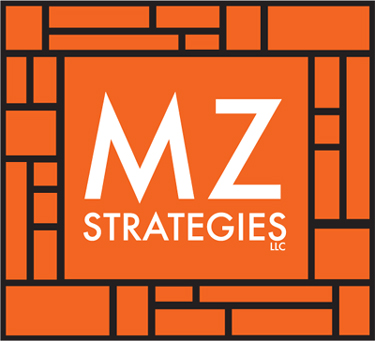Infrastructure and Housing: Local Dreams and Federal Illusions
In our excitement over what may possibly happen with a new infrastructure proposal, let’s not lose sight of what is happening right now in the world of housing infrastructure. Actions by this administration to cut funding for affordable housing, suspend Fair Housing requirements, and reduce the impact of public sector investment in housing needs to be part of our forthcoming infrastructure debate.
Read More…